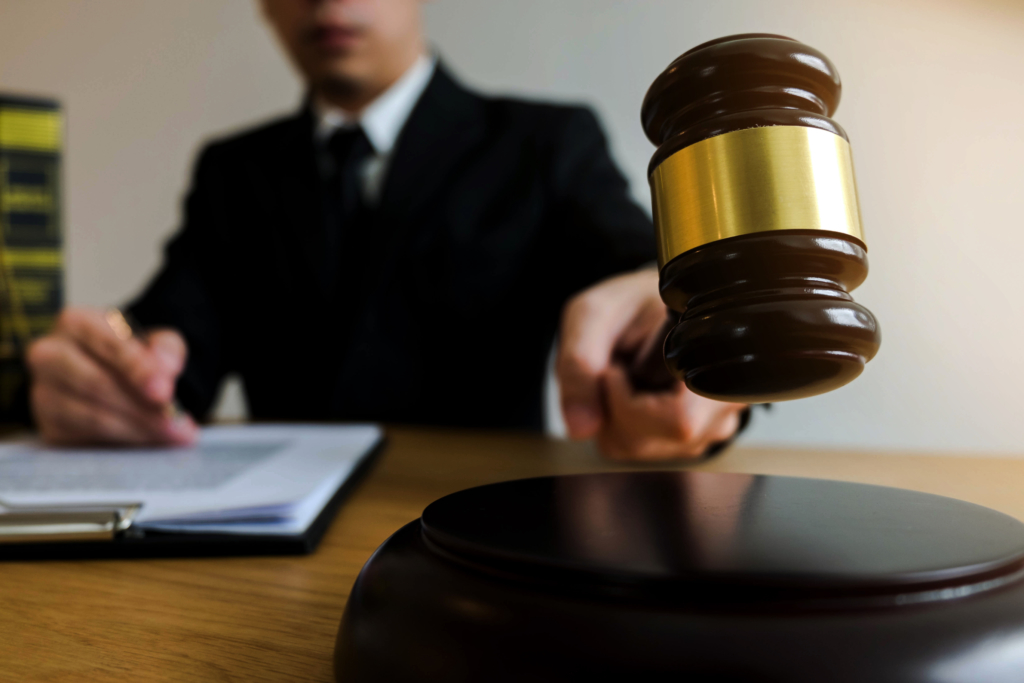The defendants in the case of Earley v. WCAB are likely to ask the state Supreme Court to review the 2nd District Court of Appeal’s decision on the WCAB’s “grant for study” practice, according to information learned by the Law Offices of Bradford and Barthel.
The 2nd DCA issued a published decision in the case on Aug. 4, 2023, which effectively nullified the Workers’ Compensation Appeals Board’s practice of granting reconsideration to a petition for reconsideration, merely to study the matter further. A group of applicant’s attorneys took the case to the appellate court because they were concerned that the practice created undue delays in hundreds of cases.
In the decision, the appellate court ruled that board has to issue a decision within 60 days of a petition for reconsideration, but that decision does not have to be a “final ruling on the merits.” The WCAB does have the authority to issue a final decision at a later date, the appellate justices wrote.
What the 2nd DCA left unclear was what would happen to the 500-plus cases that were in the proverbial grant and study bullpen at the time of the 2nd DCA’s decision. And that, my friends, is the rub.
One of the defendants in the case has informed the Law Offices of Bradford and Barthel that it intends to file a petition for a writ of review with the California Supreme Court. As of the date of this article, no petition has been filed – but the parties have until Sept. 13, 2023 to file a petition.
The parties want clarification on what happens to the 500-plus cases in the bullpen.
After all, these are cases that a party felt strongly enough to file a petition for reconsideration over. Regardless of what side of the aisle you’re on, attorneys and clients typically don’t file petitions for reconsideration for frivolous reasons (although I do imagine a WCAB staff attorney cynically laughing at this sentence right now).
Generally speaking, when appellate courts issue a decision that retroactively impact cases, they have to explain with specificity about what will happen to those cases. Here, the 2nd DCA’s opinion was ambiguous on that point, and the parties want more.
So grab your popcorn folks, because this one does not appear to be over just yet. Of course, we do reserve the right to be wrong – Sept. 13 could very well pass by and the parties could change their minds about that petition for review – but that appears unlikely at this time.
As the late journalist Paul Harvey would say at the start of his syndicated radio program, “And now, the rest of the story.” Here’s to hoping that the state Supreme Court gives us the rest of the story for those 500-plus cases.
Got a question about workers’ compensation defense issues? Feel free to contact John P. Kamin or Louis A. Larres. Mr. Kamin is a workers’ compensation defense attorney and equity partner at Bradford & Barthel’s Woodland Hills location, where he monitors the recent legislative affairs as the firm’s Director of the Editorial Board. Mr. Kamin previously worked as a journalist for WorkCompCentral, where he reported on work-related injuries in all 50 states. Please feel free to contact John at jkamin@bradfordbarthel.com or at (818) 654-0411.
Louis Larres is a partner and area managing attorney at Bradford and Barthel’s Fresno office, and the director of the firm’s Appellate Division. Please feel free to contact Louis at llarres@bradfordbarthel.com or at (559) 221-6500.
Viewing this website does not form an attorney/client relationship between you and Bradford & Barthel, LLP or any of its attorneys. This website is for informational purposes only and does not contain legal advice. Please do not act or refrain from acting based on anything you read on this site. This document is not a substitute for legal advice and may not address every factual scenario. If you have a legal question, we encourage you to contact your favorite Bradford & Barthel, LLP attorney to discuss the legal issues applicable to your unique case. No website is entirely secure, so please be cautious with information provided through the contact form or email. Do not assume confidentiality exists in anything you send through this website or email, until an attorney/client relationship is formed.




